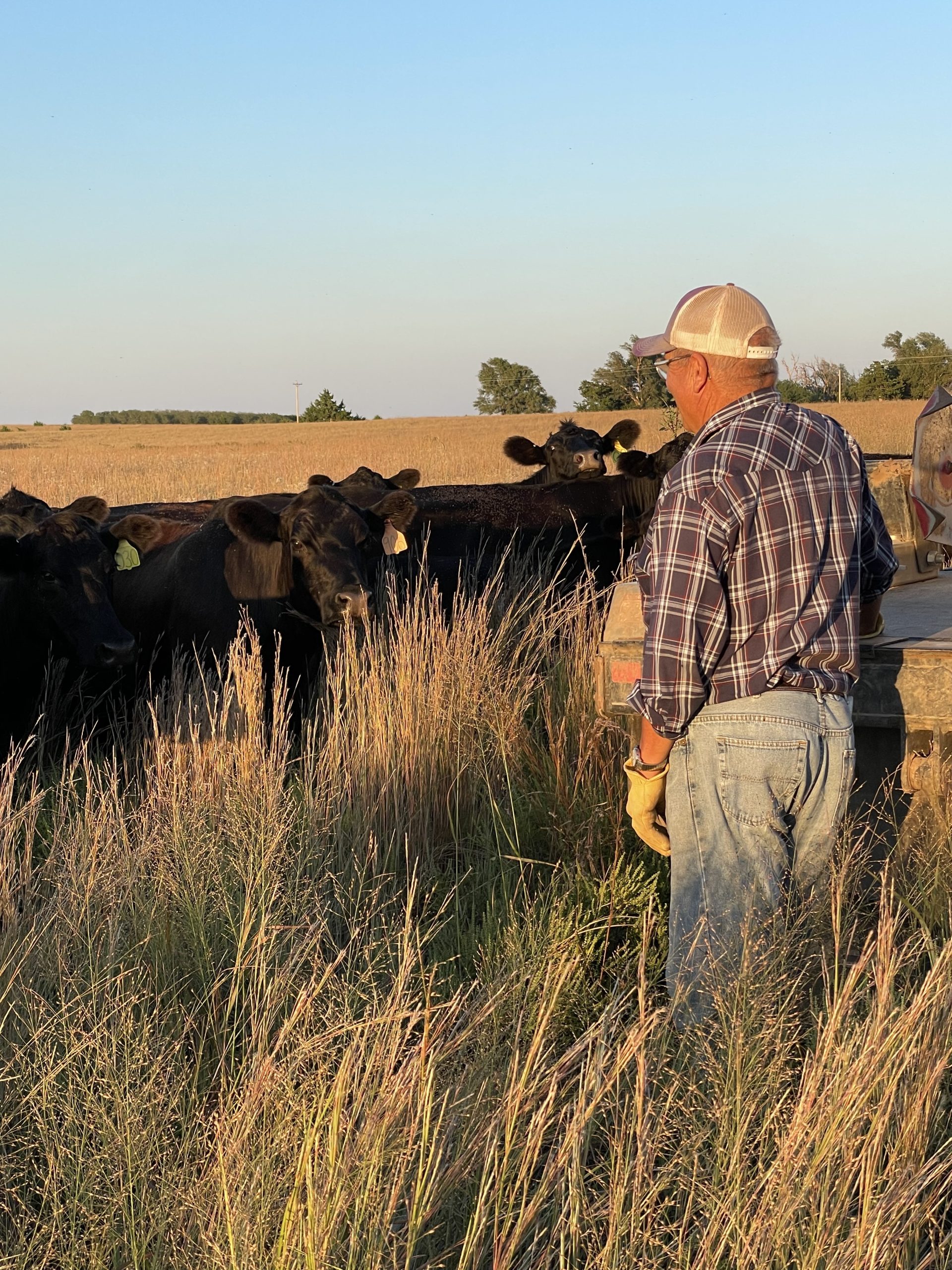The unexpected death or serious illness of a family member is usually a terrible shock. Proper estate planning can absorb some of that shock for the farmer or rancher’s loved ones who are left behind.
Jim Angell and his fellow lawyers at Kennedy Berkley, a Kansas firm with offices in Salina, Dodge City, Garden City, Hays, and Kansas City, are familiar with agriculture and know how farms and ranches operate. They have helped many agricultural producers plan for when the unexpected happens to them.
Estate planning is meant to transition a farm or ranch to the next generation or the next caretaker with the least amount of unexpected expenses as possible. Often that means more than drawing up a will and having it notarized.

Angell said the one of the keys to a solid estate plan is managing probate. Probate is the legal process of verifying a deceased person’s will and distributing their assets to the rightful heirs. Each state mandates specific actions. The process in Kansas is prescribed by statutes. These statutes outline certain events that have to take place—such as hearings, official notices and newspaper publications—that can be burdensome and costly to a family already overwhelmed by the loss of a loved one.
Angell said there are significant attorney fees and court costs associated with every step of the Kansas probate system, making it financially draining to a family.
“Avoiding probate is always a primary driver in setting up a good estate plan,” Angell said.
Facing a financial drain isn’t something new to farmers and ranchers. Most have plans in place to work around financial roadblocks until calves or crops can be sold. Probate doesn’t work that way.
Angell warns of delays such as cancelled hearings that can add costs and stress. The average probate in Kansas can take six to 12 months but some may take longer than that.
“Agricultural operations don’t have the luxury of waiting on legal formalities,” he said.
Those formalities can lead to forced livestock and land sales.
‘Land that I love’
When there are assets to be divided amongst descendants, the instinct is often to make everything equal. Angell indicates that dividing land and other farm assets equally among children can have a disastrous impact on preserving the family farm. The farming children and non-farming children generally have very different views on what is important.
For the descendants who have stayed and worked toward the growth and improvement of that farm, dividing everything equally between them and siblings who chose a different path discounts the years and time they’ve dedicated to its success.
Where they see their retirement fund in that fallow field, their siblings just see the possibility of an immediate financial windfall. That financial windfall wouldn’t be possible without the patience and planning of their parents. The ones who waited for that ground close to the homeplace to come up for sale or maybe they bought that pasture from their parents when the elder couple had to move to town.
Should a non-farming child choose to take that financial windfall and sell the land, the farming operation will take a big hit losing production off land that has generally been in the family for generations.
“Fair does not necessarily mean equal,” Angell said, referencing a quote from “Preparing for the difficult questions,” a 2021 High Plains Journal article available at bit.ly/3ZVaRPa. You have to put together an estate plan that is fair to the non-farming children but otherwise prioritizes protecting the family farm.
Thinking long term
It’s the move to town that can hurt the heart and the bottom line the most. Many farmers and ranchers don’t consider it a possibility until they see the loaded moving van pull out of the driveway.
Many in agriculture don’t willingly retire. More than a few of them also don’t see a doctor on a regular basis so major health concerns usually precipitate moving off the farm. Angell asks farmers and ranchers to consider what they and their loved ones stand to lose.
“Farmers are often ‘land rich and cash poor,’” he said, “making them especially vulnerable to the rising costs of healthcare if there is an extended nursing home stay.”
Sign up for HPJ Insights
Our weekly newsletter delivers the latest news straight to your inbox including breaking news, our exclusive columns and much more.
One possible buffer against escalating expenses is having a long-term care insurance policy. Angell said a farmer or rancher who is willing to make these decisions now can help ensure that his or her family isn’t required to sell land and livestock to pay for care.
“This insurance offers a means to tackle healthcare costs while safeguarding their family’s legacy and primary source of wealth,” he said.
Jennifer Theurer can be reached at 620-227-1805 or [email protected].




